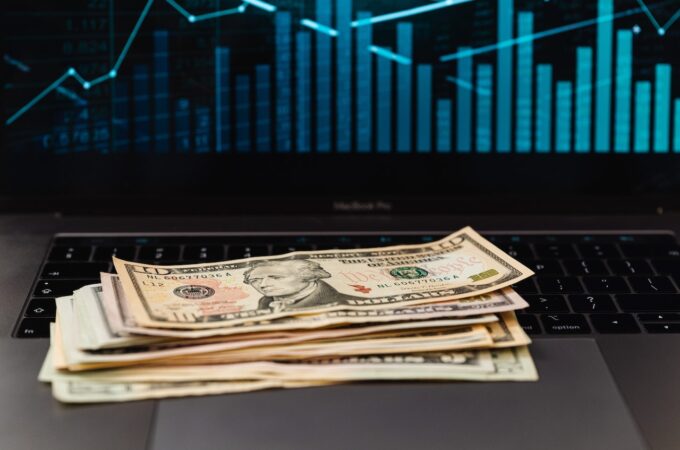
Fintech: a new ally for women business owners
Women are a fundamental part of social, cultural, and economic development around the world. As of 2019, women-owned businesses in the United States accounted for 42% of all firms in the country. Companies with female representation within the management body employ more than 16 million people and generate $3.2 trillion, according to information from ‘The 2019 State of Women-Owned Businesses Report’ prepared by American Express.
Technology has become an accelerator for companies in all industries. However, the financial sector has shown the greatest evolution. Thanks to fintech, companies use technology to improve financial services simply and securely.
For women-owned businesses, accessing financial products through fintech has become a viable alternative, thanks to the variety of their products. For example, obtaining business loans for women, with simple requirements and easier approval than with traditional banking institutions, and managing business finances or making payments and transfers, but using tools paystub online can always be helpful in this area.
What financial products do fintech offer?
Fintech services are intended to facilitate money management with the help of technology. Even from a smartphone, it is possible to access the entire offer without the need to go to a specific bank location or to carry out physical procedures, which simplifies transactions for both individuals and companies.
One of the most relevant aspects of the fintech industry is financial inclusion since they allow anyone to access these services as long as they have an internet connection. Some of the most popular fintech applications are:
- E-commerce, payments and bank transfers
- Financing and credit products
- Customer evaluation and risk profiling
- Personal or corporate finance management
- Crowdfunding
- Blockchain and digital asset markets
Whether you use fintech to manage your checking and credit accounts for your business, to receive different forms of payment, or to access business loans for women, fintech will be a great ally for the growth of your business.
Fintech for women
According to figures generated by the study The Fintech Gender Gap, conducted by the Bank for International Settlements, 29% of men report having used fintech in the last six months, while only 21% of women have used these services. The eight-point difference is comparable to the 7-percentage point disparity in the same survey but focused on banking products.
Knowing the different services offered by fintech, accessing them, and using the adaptations they have for your company’s needs, will bring immediate improvements. Access to capital through financing or crowdfunding and the diversification of sales channels through e-commerce will make it possible to increase income and generate growth strategies to achieve the entrepreneurship of your dreams. Aside from these, utilizing programs like a Knowledge Base Software might be a game-changer.
Women entrepreneurs around the world continue to face discrimination. In the United States, women raise approximately 8% less capital than men, and 46% report experiencing gender bias when raising money from investors, according to research conducted by HSBC Private Banking.
Female participants in this study mentioned that they were questioned more about their personal lives than about their business idea. The questions asked by investors showed a clear inclination to know information about family circumstances to make a decision. Given this scenario, an excellent option for women entrepreneurs is to turn to fintech companies such as Camino Financial, which offers the best business loans for women to help them consolidate their professional goals.
While waiting for the government and traditional banking institutions to create a level playing field for women’s financial inclusion, giving up is not an option. It is necessary to turn to all resources at hand to achieve your goals and continue to be one of the great economic engines of the United States.
Photo by Keren Levand on Unsplash





